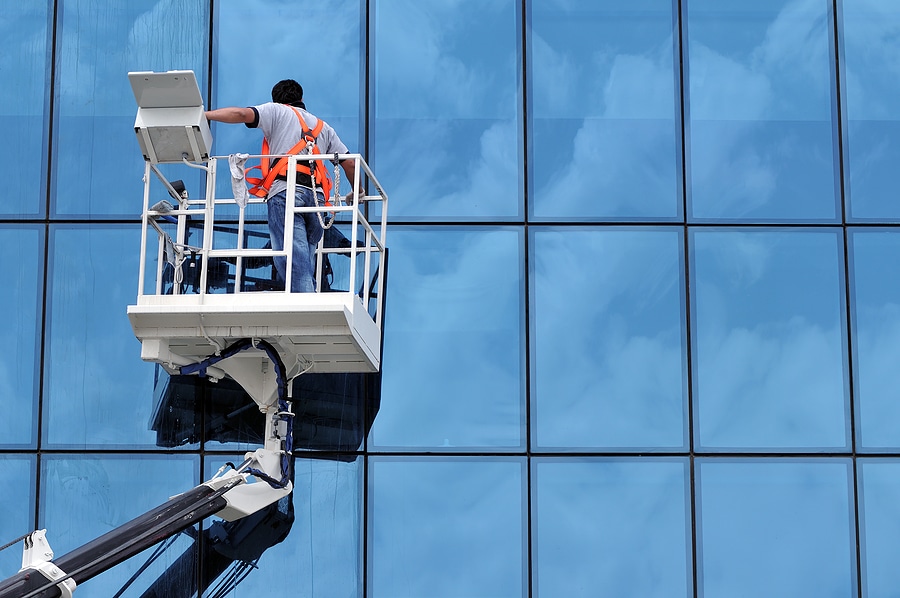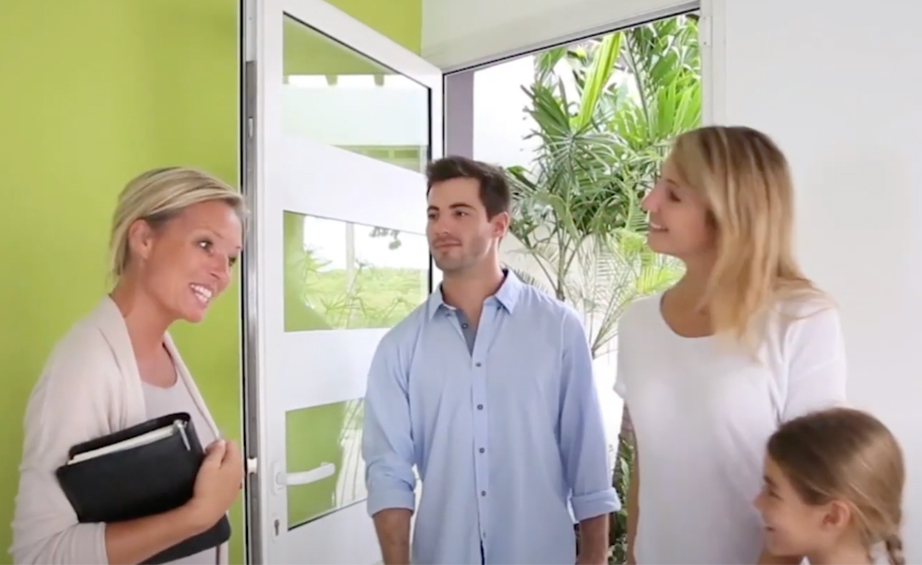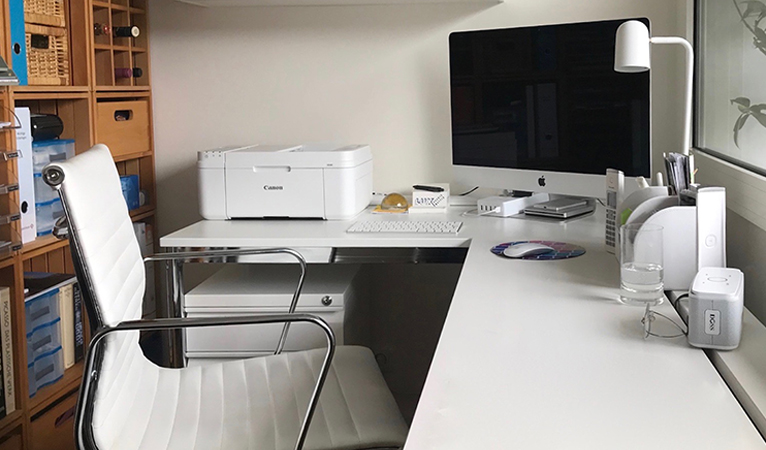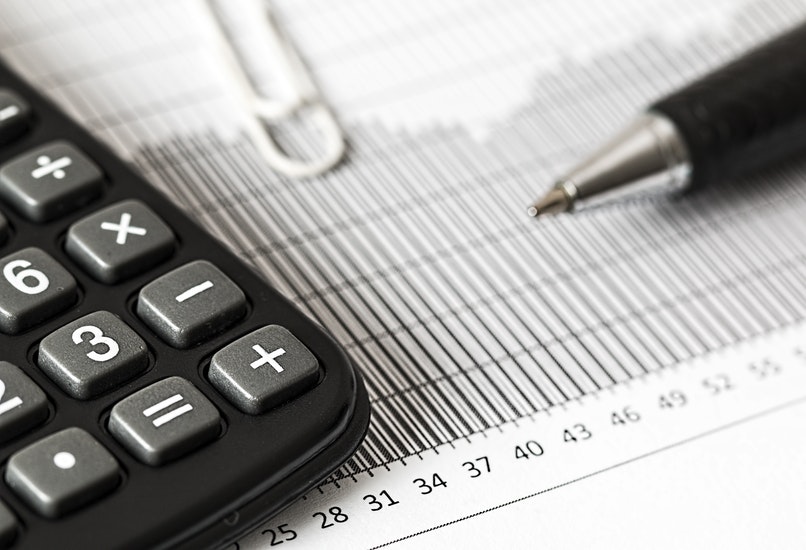Radon Gas Inspection in Greater Chicago: Protecting Your Home and Health
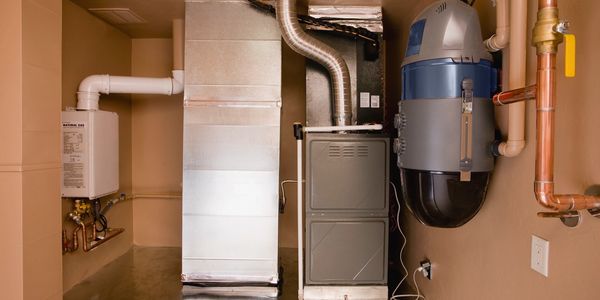
Radon gas, a colorless, odorless, and tasteless radioactive gas, is a potential health hazard that can seep into homes and buildings. Greater Chicago, like many other regions, faces the risk of radon gas exposure due to its geological characteristics. In this comprehensive guide, we will delve into the importance of Radon Gas inspector greater Chicago and how to choose the right radon gas inspector to ensure the safety of your home and loved ones.
Understanding the Significance of Radon Gas Inspection
Before we explore the details of radon gas inspection, it's essential to understand why it's a critical concern in Greater Chicago:
- Health Risks: Radon gas is a leading cause of lung cancer after smoking. Prolonged exposure to elevated levels of radon can significantly increase the risk of developing lung cancer.
- Prevalence: Many areas in Greater Chicago have geological characteristics that make them susceptible to high radon gas levels. It can enter homes through cracks and openings in the foundation.
- Mitigation Potential: The good news is that if high radon levels are detected, mitigation systems can be installed to reduce exposure and protect the health of occupants.
Now, let's explore the key aspects of Radon Gas inspection Greater Chicago.
The Radon Gas Inspection Process
A professional radon gas inspection involves assessing a property for the presence of radon gas and its concentration levels. Here's how the process typically works:
- Selection of a Radon Gas Inspector:The first step is to choose a certified and experienced radon gas inspector. We will delve into this aspect in more detail later in the guide.
- Testing: The inspector will place radon gas detectors or monitors in the property, typically in the lowest livable areas, such as basements or crawl spaces. The detectors will collect data over a specific period, often 48 to 72 hours.
- Data Collection and Analysis:Once the testing period is complete, the inspector will collect the data from the detectors and analyze the concentration levels of radon gas.
- Reporting:The inspector provides a detailed report outlining the radon gas levels detected in the property. This report serves as a crucial document for homeowners and potential buyers.
- Recommendations:If elevated radon levels are detected, the inspector may recommend the installation of a radon mitigation system. These systems are highly effective in reducing radon gas levels and preventing exposure.
Choosing the Right Radon Gas Inspector in Greater Chicago
Selecting the right radon gas inspector is vital to ensure accurate and reliable results. Here are some key considerations:
Credentials and Licensing:
- Certification: Look for a radon gas inspector who is certified by a recognized organization, such as the National Radon Proficiency Program (NRPP) or the National Radon Safety Board (NRSB).
- Licensing: Ensure that the inspector is licensed as required by the state of Illinois. Licensing indicates adherence to industry standards and regulations.
Experience and Expertise:
- Local Knowledge: A radon gas inspector with knowledge of Greater Chicago's geological characteristics is better equipped to understand the potential sources of radon gas.
- Experience: Choose an inspector with a track record of conducting radon gas inspections and installing mitigation systems.
References and Reviews:
- References: Request references from past clients or ask for recommendations from your network. A reputable radon gas inspector should have satisfied customers.
- Online Reviews: Check online reviews and testimonials to gauge the inspector's reputation and the quality of their service.
Sample Inspection Reports:
- Review Sample Reports: Request sample radon gas inspection reports from potential inspectors. A well-organized and comprehensive report reflects the inspector's attention to detail.
Professionalism and Communication:
- Communication Skills: Select an inspector who communicates effectively, both in person and in their written reports. Clear communication ensures that you fully understand the inspection findings.
- Professionalism: Assess the inspector's professionalism, including their punctuality, appearance, and adherence to ethical standards.
Insurance:
- Liability Insurance: Inquire whether the inspector carries liability insurance to cover any potential damages or errors during the inspection.
Cost:
- Get Multiple Quotes: While cost shouldn't be the sole determining factor, it's essential to get quotes from multiple inspectors to ensure you receive a competitive rate for their services.
Availability:
- Scheduling: Check the inspector's availability to ensure they can accommodate your preferred inspection date and time.
Conclusion
Radon gas inspection in Greater Chicago is a crucial step in protecting your health and ensuring the safety of your home. Selecting the right radon gas inspector involves considering their credentials, experience, references, and communication skills. By choosing a qualified and reputable radon gas inspector, you can ensure a reliable assessment of radon gas levels and, if necessary, the installation of effective mitigation systems to safeguard your family and property in the Greater Chicago area.
RECOMMENDED FOR YOU
What are the advantages of the best infant car seats?
July 20, 2024


